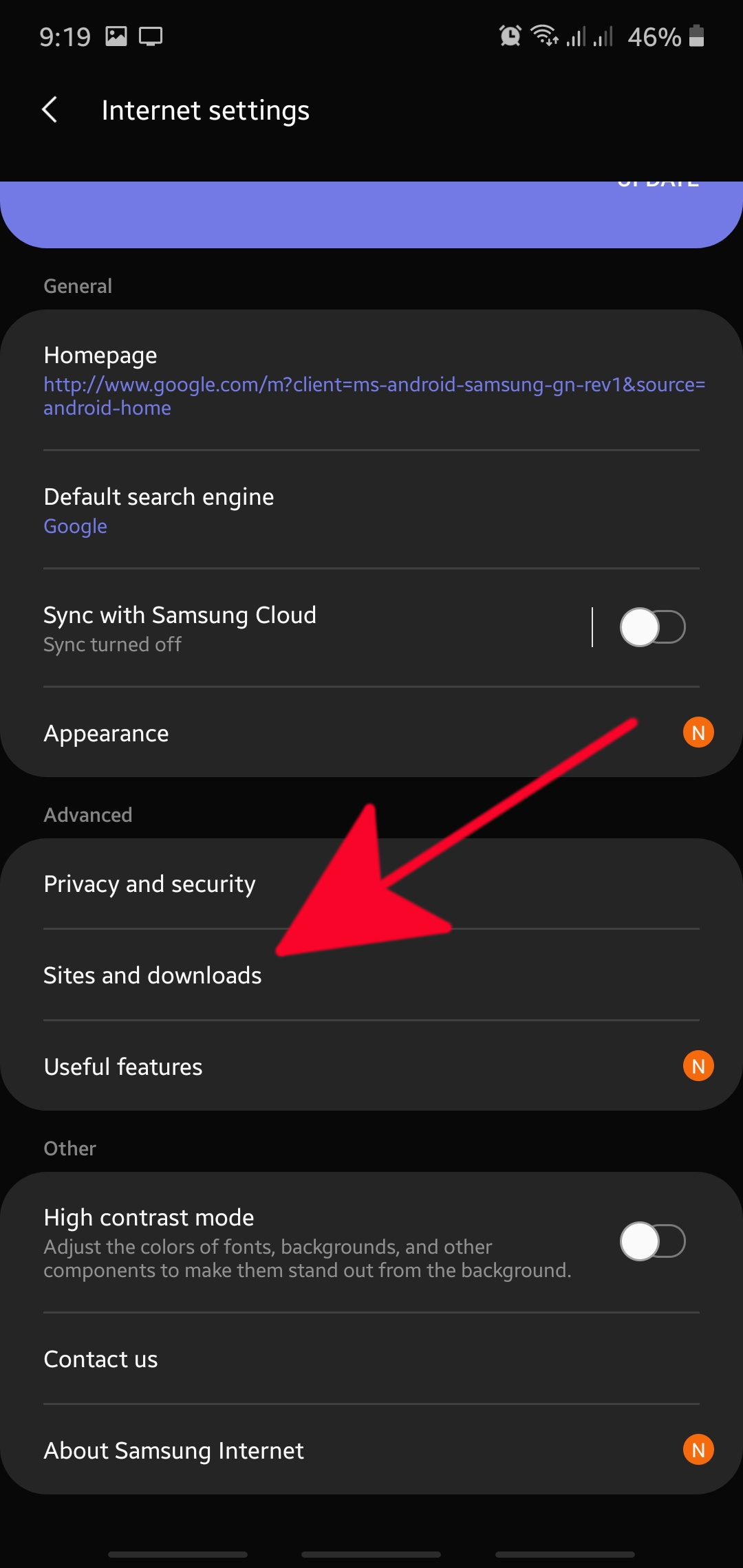

Users to update their passwords after a specified amount of time has elapsed. SetPasswordExpirationTimeout(), which forces This policy is typically used in conjunction with This policy prevents users from reusing the last n unique passwords.
#AD HELPDESK ANDROID PASSWORD#
When the password will expire, expressed as a delta in milliseconds from when a device admin sets the expiration timeout. The minimum number of uppercase letters required in the password for all admins or a particular one. Minimum uppercase letters required in password The minimum number of symbols required in the password for all admins or a particular one. The minimum number of numerical digits required in the password for all admins or a particular one. Minimum numerical digits required in password

Non-letter characters required in the password for all admins or a particular one. Minimum non-letter characters required in password Minimum lowercase letters required in password Letters required in the password for all admins or a particular one. Requires that passwords must contain at least a letter, a numerical digit, and a special symbol. For example, youĬan require PIN or passwords to have at least six characters.Ĭombination of letters and numbers. Set the required number of characters for the password. Requires that devices ask for PIN or passwords. Policies supported by the Device Administration API. Note that the Device Administration API currently only supports passwords for screen Theĭevice Administration API supports the policies listed in Table 1. In an enterprise setting, it's often the case that employee devices mustĪdhere to a strict set of policies that govern the use of the device. To uninstall an existing device admin app, users need toįirst unregister the app as an administrator. There is no way to target a particular admin If a device contains multiple enabled admin apps, the strictest policy isĮnforced. Not support all of the stated policies, there is no way to allow the In other words, if a device (for example, a legacy device) does The Device Administration API does not currently allow partial Supported in the Device Administration API, the connection will notīe allowed. If a device attempts to connect to a server that requires policies not However, typically this will result in the user not being Password that violates the guidelines), it is up to the app to decide If a user fails to comply with the policies (for example, if a user sets a Users will not be subject to its policies, and they will conversely not get any of the app's benefits-for example, they may not be able to sync data. If users do not enable the device admin app, it remains on the device, but in an inactive state. Complying with those policies typically confers benefits, such as
#AD HELPDESK ANDROID FOR ANDROID#
Note For information on building a Work PolicyĬontroller for Android for Work deployments, see Provided by the Device Administration API to provide stronger security forĮmployee devices that are powered by Android. This document is intended for developers who want to develop enterprise Restore factory defaults on) lost or stolen handsets. Administrators can also remotely wipe (that is, Through the Email app, Exchange administrators canĮnforce password policies - including alphanumeric passwords or numeric For example, theīuilt-in Android Email app has leveraged these APIs to improveĮxchange support. Professionals require rich control over employee devices. Security-aware apps that are useful in enterprise settings, in which IT The Device Administration API provides deviceĪdministration features at the system level. To learnĪndroid includes support for enterprise apps by offering theĪndroid Device Administration API. We recommend you start to prepare now for this change. (API level 28), some admin policies will be marked as deprecated when


 0 kommentar(er)
0 kommentar(er)
